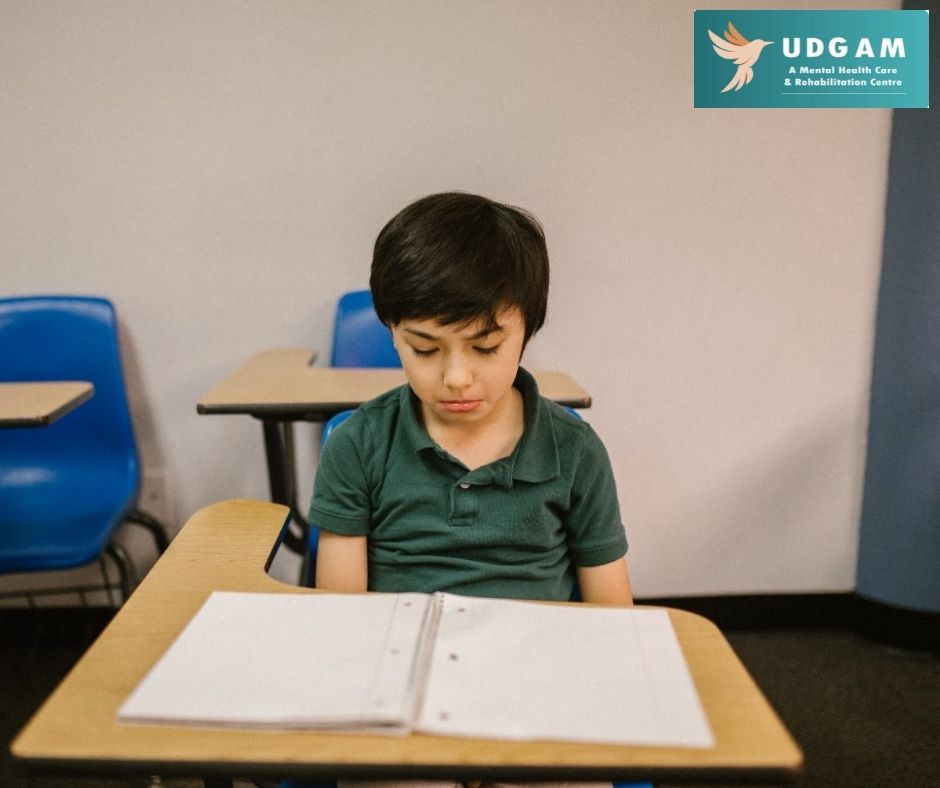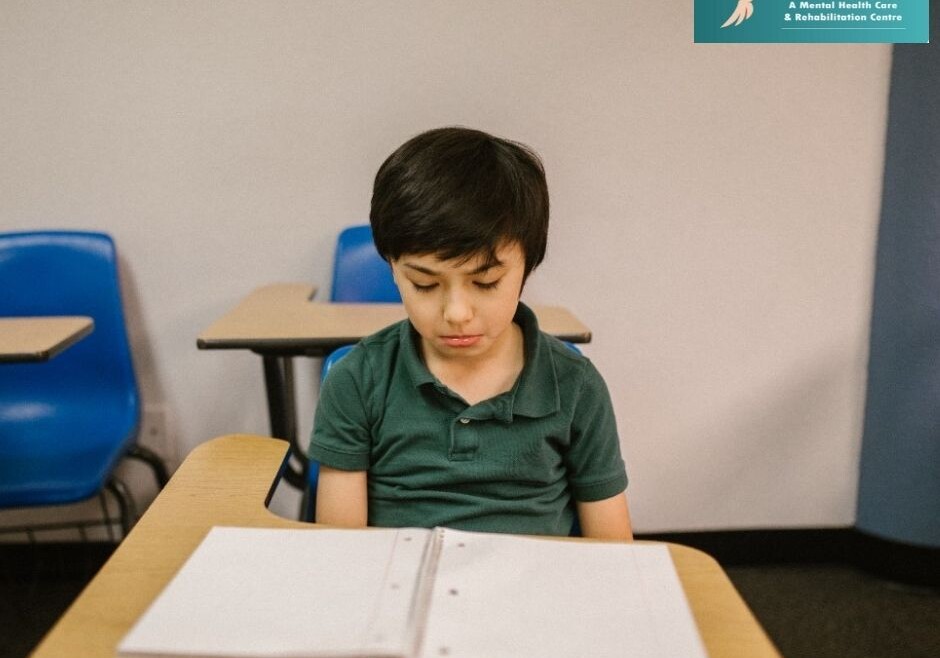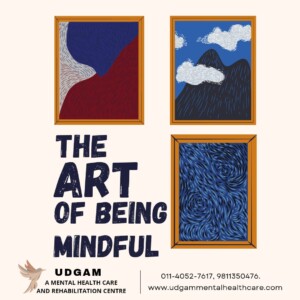Child Learning Disorders
Our society is built on labels. We put these tiny tags on people, objects, opinions, and situations. Some of these tags may not be so noticeable, yet some are impactful – “this is a good person!” or “that is a bad person!” or “this situation is toxic!” or “that thing is ugly!”.
Like animals work with instincts, humans work with categories. For an animal, going against their instincts is dangerous, and they may never do that. But we forget that we have the power of introspection in our hands. We have built these categories so there is no harm in moving beyond them.
The categories are made by us, and our morals are influenced by these categories. We define what is good and what is bad, based on our limited introspection, and put the entire interpretation in a box. However, we humans are versatile, we change every minute of every day, and we are not made to fit in that box.
We see the effects of these categories on children more often than we like. We make them develop their morals based on these categories like if a person does an action they would be punished or rewarded based on the results and not the reasoning, and hence that person is either good or bad.
Stretching this concept further, we usually observe parents scolding their children if they do not study or fail exams. then the educational institutes and society are ready to categorise them, without a chance for improvement- “Oh! Did you fail your exams? you must be a bad student” or ” you cannot answer simple questions? you must be stupid”
These small categories and labels are not only hurtful, but they also limit a person, especially a child. bringing up children in an environment of constant competition has become natural nowadays, the least we can do is avoid unnecessary labels.

Let your children learn how to thrive, and expand before you shove them in a box.
it is okay if a child has failed an exam or if they are not at the same level as their peers. In our generation of rapidly developing studies, we can find an answer as to why this is happening. Ask these questions
- Is the child a slow learner?
- Do they not like their teacher?
- Is there any external stress upon them?
- or do they suffer from learning difficulties?
Whatever is the conclusion you draw, work on it. A slow learner can be aided with more structured schedules and a bit more time to learn. If the school environment or the teacher is the problem, that can be handled. If the mental health of the child is affected, psychological counselling can be useful.
But what is a child with a learning disorder? They are just that, a child. A child with a neurological condition affects their brain’s capacity to process, store and retrieve information. The condition can cause problems in reading, writing, or verbalising as well. This is being done neither by choice nor is it because of their parenting. It is a neurological condition.
So before we label our children, and put them into a box, just to make our parenting easier, why not make more efforts to understand them and their needs.
At Udgam Clinic, we work hard to promote awareness and give holistic treatment to children with learning disorders, ranging from counselling services to special education classes. Specially abled children are treated without labels, in an inclusive system with good support for parents as well. We appreciate your support and understanding of our work. To read more on learning disabilities, stay tuned to our website.
Anuja Sathe
Counselling Psychologist




